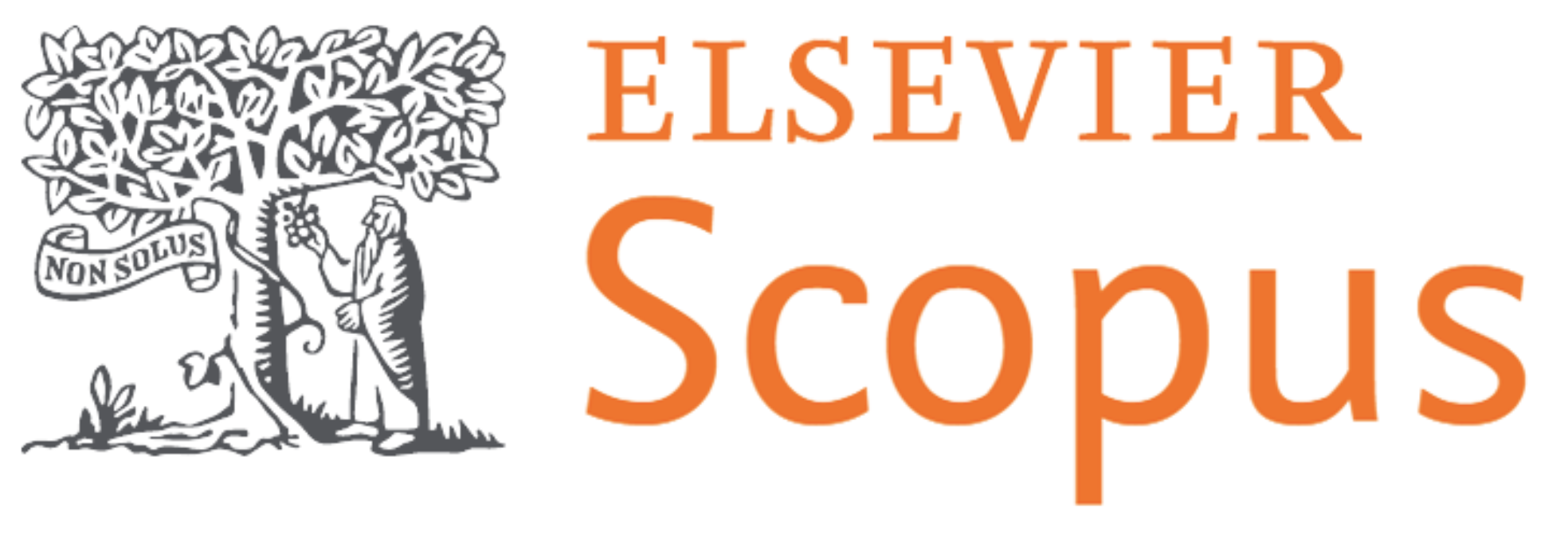HALAL BROILERS FROM BRAZIL: AFFECTS OF INSTITUTIONAL ENVIRONMENT AND IMPAIRMENTS
DOI:
https://doi.org/10.17765/2176-9168.2019v12n3p935-956Keywords:
Barring entrance, broilers, Halal, Institutions.Abstract
Halal broilers for the market of Islamic countries make up 35% of exported broilers from Brazil. Halal production standards have several peculiarities and affect the market´s competiveness. The latter has numberless ways of interpretation and measurements that depend on the theoretical approach. Current study analyzes the characteristics of the Institutional Environment that limits a specific market and identifies the main barriers for the introduction of new companies. Barriers characterize the structure of a specific market and they protect the consolidated firms due to the imposition of costs to potential novel companies. Characteristics may be observed in informal (religious and cultural aspects) and formal (legislation) institutions.References
ABDULLAH, J. B.; HAMALI, J. Hj. Islamic Marketing Mix: The Critical Factors. In: International Conference on Business an Economic Research, 4., 2013. Proceeding [...]. Bandung. 2013.
ASSOCIAÇÃO BRASILEIRA DE PRODUÇÃO DE PROTEÍNA (ABPA). Relatório Anual 2017. São Paulo, 2017. p. 68.
BANTERLE, A.; STRANIERI, S. The consequences of voluntary traceability system for supply chain relationships. An application of transaction cost economics. Food Policy, v. 33, n. 6, p. 560-569, Dec. 2008.
BOWERSOX, D. J.; CLOSS, D. J. Logística empresarial: o processo de integração da cadeia de suprimento. São Paulo: Atlas, 2001.
BRASIL. Ministério da Agricultura, Pecuária e Abastecimento. Obtenção de carnes sob o rito Halal. Brasília, 2011. (Circular n° 31/CGPE/DIPOA).
CENTRO DE DIVULGAÇÃO DO ISLAN NA AMÉRICA LATINA. Mercado Halal. disponível em: http://www.cdialhalal.com.br/index.php?page=Conteudo&id=1. Acesso em: 22 de jul. 2015.
COLABOTTA, D. F. Change Factors Impacting the Poultry Industry e Resultant New Business Opportunities. Multi-State Poultry Meeting Finnfeeds Technical Symposium. St. Louis. 2002.
FARINA, E. M. M. Q. Organização Industrial no Agribusiness. In: Zylbersztajn, D.; Neves, M. F. (org.). Economia e Gestão dos Negócios Agroalimentares. São Paulo: Editora Pioneira, 2000, v. , p. 39-60.
FARINA, E. M. M. Q.; AZEVEDO, P. F.; SAES, M. S. Competitividade: mercado, estado e organizações. São Paulo: Ed. Singular, 1997.
FERRAZ, J. C. et al. Made in Brazil. 3. ed. Rio de Janeiro: Campus, 1997.
HAN, J.; TRIENEKENS, J. H.; OMTA, S. W. F. Relationship and quality management in the Chinese pork supply chain. International Journal of Production Economics, v. 134, n. 2, p. 312-321, Dec. 2011.
Halal Industry Development Corporation (HDC) (2011). The New Source of Economic Growth. Paper presented at Halal Summit Forum 2011, Kuala Lumpur. apud KAMARUDDIN, R. et al. Willingness to Pay for Halal Logistics: The lifestyle choice. ASEAN Conference on Enviroment-Behaviour Studies. Bangkok. 2012.
KHATTAK, J.. Z. K. et al. Concept of Halal Food and Biotechnology. Advanced Journal of Food and Technology. 2011.
KAMARUDDIN, R. et al. Willingness to Pay for Halal Logistics: The lifestyle choice. ASEAN Conference on Enviroment-Behaviour Studies. Bangkok. 2012.
LEVER, J.; MIELE, M. The growth of halal meat markets in Europe: An exploration of the supply side of religion. Journal of Rural Studies. v. 28. p. 528-537. 2012.
MANZINI, E. J.. A entrevista na pesquisa social. Didática, São Paulo, v. 26/27, p. 149-158, 1990/1991.
MEDEIROS, N. H.; SOUZA, F. Estrutura, conduta e desempenho de mercado da avicultura paranaense: um estudo de sua organização industrial recente. In: Congresso da Sociedade Brasileira de Economia, Administração e Sociologia Rural, 47., 2009. Anais [...]. Porto Alegre, 2009.
NAKYINSIGE, Khadijah et al. Halal authencity issues in meat and meat products. Meat Science. v. 91. p. 207-214. 2012.
NORTH, Douglas. Institutions, Institutional Change, and Economic Performance. Cambridge University Press, Cambridge, MA.
PORTER, M. E. Competitive strategy: techniques for analysing industries and competitors. New York: Free Press, 1980.
PORTER, M. E. Competitive advantage: creating and sustaining competitive performance. New York: Free Press, 1985.
SCHULTZ, G.; WAQUIL, P. D. Políticas Públicas e Privadas e Competitividade das Cadeias Produtivas Agroindustriais. Porto Alegre: Ed. da UFRGS, 2011.
TALIB, Mohamed S. A.; JOHAN, Mohd R. M. Issues in Halal Packaging: A Conceptual Paper. International Business and Management. v. 5, n. 2. p. 94-98. 2012.
TRIENEKENS, J. H. Agricultural Value Chains in Developing Countries A Framework for Analysis. International Food and Agribusiness Management Review, v. 14, n. 2, p. 51-82, 2011.
UNIÃO BRASILEIRA DE AVICULTURA (UBABEF). Relatório Anual 2013. São Paulo, 2013. p. 57.
UNIÃO BRASILEIRA DE AVICULTURA (UBABEF). Relatório Anual 2014. São Paulo, 2013. p. 55.
WEVER, M. et al. Supply Chain-Wide Consequences of Transaction Risks and Their Contractual Solutions: Towards an Extended Transaction Cost Economics Framework. Journal of Supply Chain Management, v. 48, n. 1, p. 73-91, 2012.
ZYLBERSZTAJN, D.; NEVES, M. F. Economia e gestão dos negócios agroalimentares: indústria de alimentos, indústria de insumos, produção agropecuária, distribuição. São Paulo: Pioneira, 2000.
Downloads
Published
How to Cite
Issue
Section
License
A Revista se reserva o direito de efetuar, nos originais, alterações de ordem normativa, ortográfica e gramatical, com o intuito de manter o padrão culto da língua, respeitando, porém, o estilo dos autores. As opiniões emitidas pelos autores são de sua exclusiva responsabilidade.Os direitos autorais pertencem exclusivamente aos autores. Os direitos de licenciamento utilizado pelo periódico é a licença Creative Commons Attribution
 Creative Commons Atribuição 4.0 Internacional. São permitidos o compartilhamento (cópia e distribuição do material em qualquer meio ou formato) e adaptação (remixar, transformar, e criar a partir do trabalho, mesmo para fins comerciais), desde que lhe atribuam o devido crédito pela criação original.
Creative Commons Atribuição 4.0 Internacional. São permitidos o compartilhamento (cópia e distribuição do material em qualquer meio ou formato) e adaptação (remixar, transformar, e criar a partir do trabalho, mesmo para fins comerciais), desde que lhe atribuam o devido crédito pela criação original.










